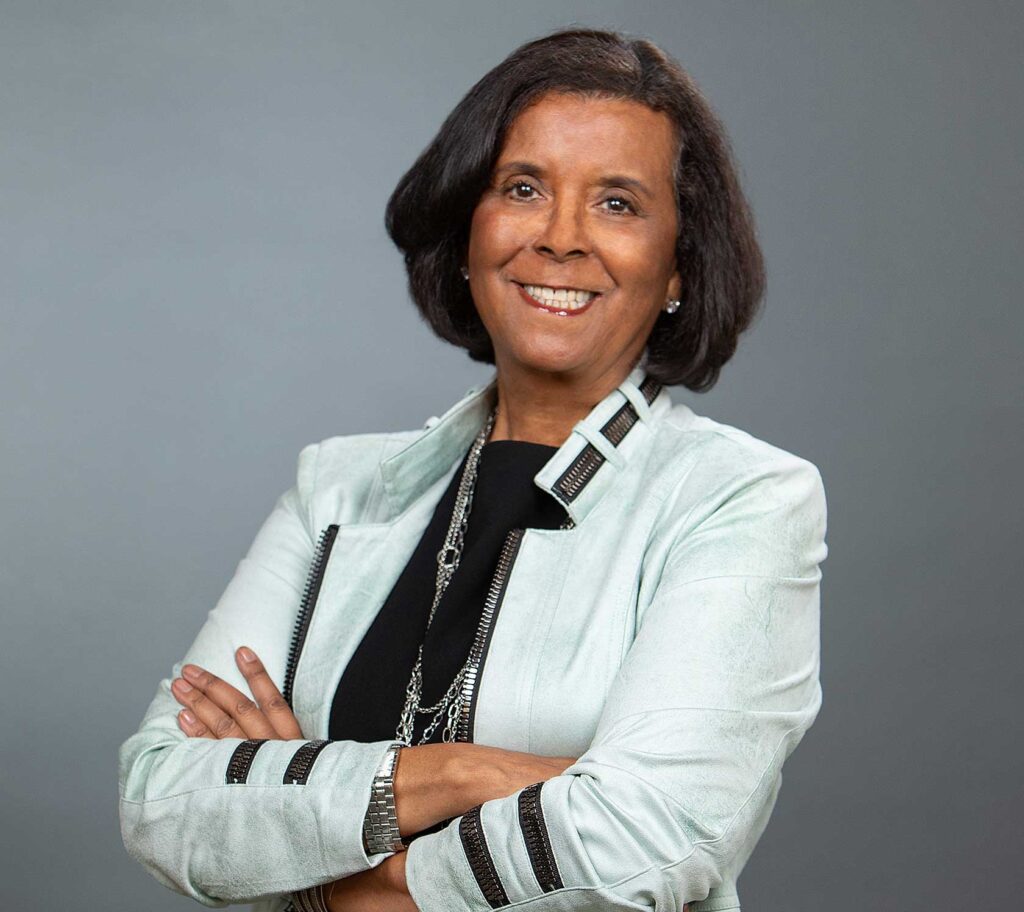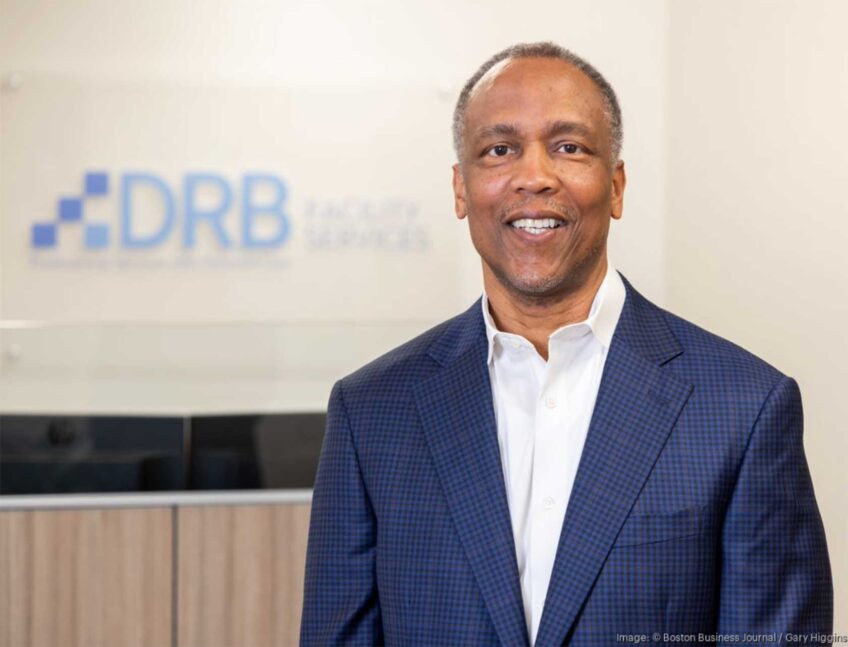
Banner Business Sponsored by The Boston Foundation
Dani Monroe, founder and CEO of Center Focus International, Inc., is a pioneer in corporate inclusion, mentored By Dr. Price Cobbs, whom she calls the “godfather of DEI.” Monroe has helped to shape the role of the chief diversity officer, or CDO, for decades to come. When she started in corporate America, diversity, equity and inclusion efforts, or DEI, didn’t exist. The idea of inclusion sat in compliance of the 1964 Civil Rights Act. Underrepresented groups were moving into corporate America, which was being pushed by the 1964 act to offer opportunities to diverse people. The Civil Rights Movement had pushed for integration on many levels, and companies were now mandated to stop closing the doors on underrepresented communities.
We spoke to Monroe recently about the journey from mandated affirmative action to an organized attack on DEI.
The 1980s were not without pushback, but Monroe and others were able to embed into their companies and push for true inclusion. While affirmative action was being pushed for by employees and customers, President Ronald Reagan was working hard to kill it. After his victory over Walter Mondale in 1984, he decided to end the affirmative action policy that mandated an end to discrimination in corporate America. Monroe remembers that at the time there was no real understanding of this work, but she and others understood that they could effect change and push for racial inclusion through it. And that’s just what they did.
“The technology was in-person leadership training and coaching. The first level of impact focused on the individual and the interpersonal,” Monroe said. But make no mistake — she and others were centering race in the work. “We’ve been talking about race for 40 years. It’s always been about race,” she says.
Today, with other movements, including disability rights and LGBTQ+ rights, also seeking greater inclusion, she adds, “I think we need to focus beyond race.”
Killing DEI could kill the economy
The fact of the matter is that DEI is a “secret sauce” for the American economy. A Citigroup economist has estimated that bias has cost the economy $16 trillion over the last 10 years. Business consulting groups agree. McKinsey & Company has been providing companies with data showing how DEI increased profitability. According to its 2023 report, “Diversity Matters,” diverse teams are 35% more likely to outperform homogeneous teams and are 15% more likely to see higher returns. These stats don’t seemed to be believed by many in management today, an incredulity many managers also held then.
“The myths that people of color are not qualified are rooted in slavery and the early beliefs of the people being included during affirmative action,” she says. “As the Mass General Brigham inaugural chief diversity officer, I commissioned a study to interrogate that assumption. We looked at our applicant pool and looked at people after they were hired. And diverse people were more credentialed than their white counterparts.”
Companies are beginning to see how a CDO can innovate a business, shaping business models and R&D.
“The value of this work is that it transmits across organizations into product lines and strategy,” Monroe reminds us. “There is a currency of emotional intelligence skills to have these conversations.” Even Boeing has hired a woman CEO during its current crisis.
DEI continues to be in the scope of the extreme right. Companies are being bullied to drop DEI efforts or be sued. This has caused a rise in anxiety for employees from underrepresented groups. Most recently, the DEI office in the House of Representatives was eliminated, causing consternation in many in Congress.
“They’re proving every single day why diversity, equity and inclusion is needed,” Rep. Steven Horsford, a Nevada Democrat, told The Hill. “I would encourage them to contact the Office of Diversity here at the U.S. Capitol and benefit from the training and the resources that they have.”
But CDOs and DEI people should not fret. Being confident in this work is key to continuing to push.
“Confidence is played out when you are curious and you ask the questions to explore, to learn from other people and co-create,” Monroe says. She knows the idea of DEI is not going anywhere, and she remains optimistic about the future of the work.
“I could be angry because people are trying to say my life’s work hasn’t made a difference, but I am not, because this is another part of the journey,” she says. “I see so many good things going on that CDOs are doing. I believe there is always space for something. The principles of equity and justice are here to stay.”






